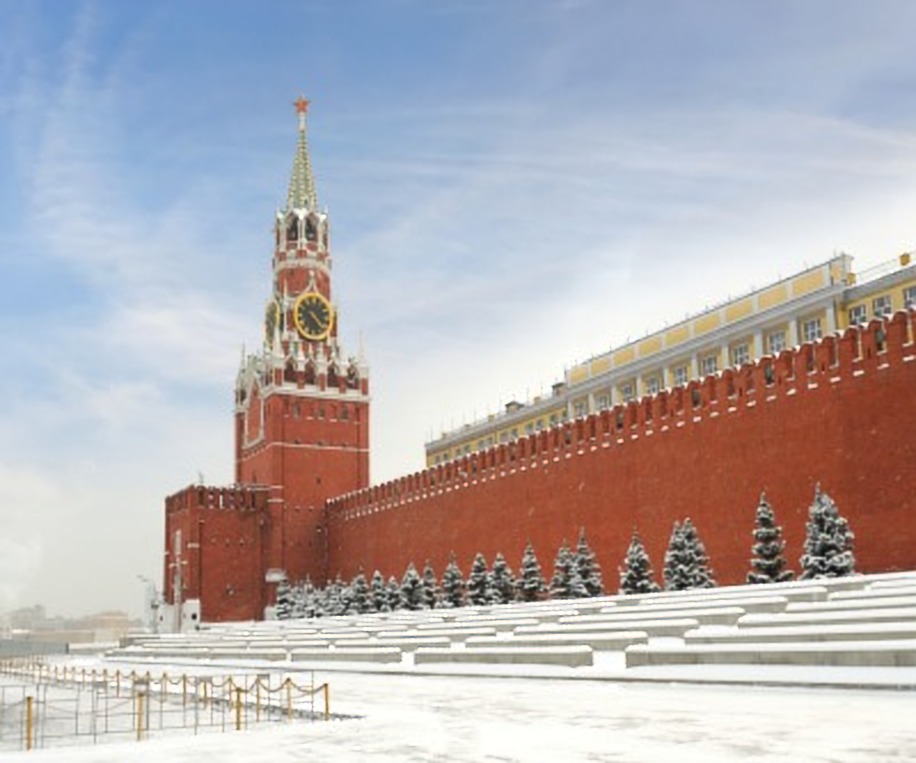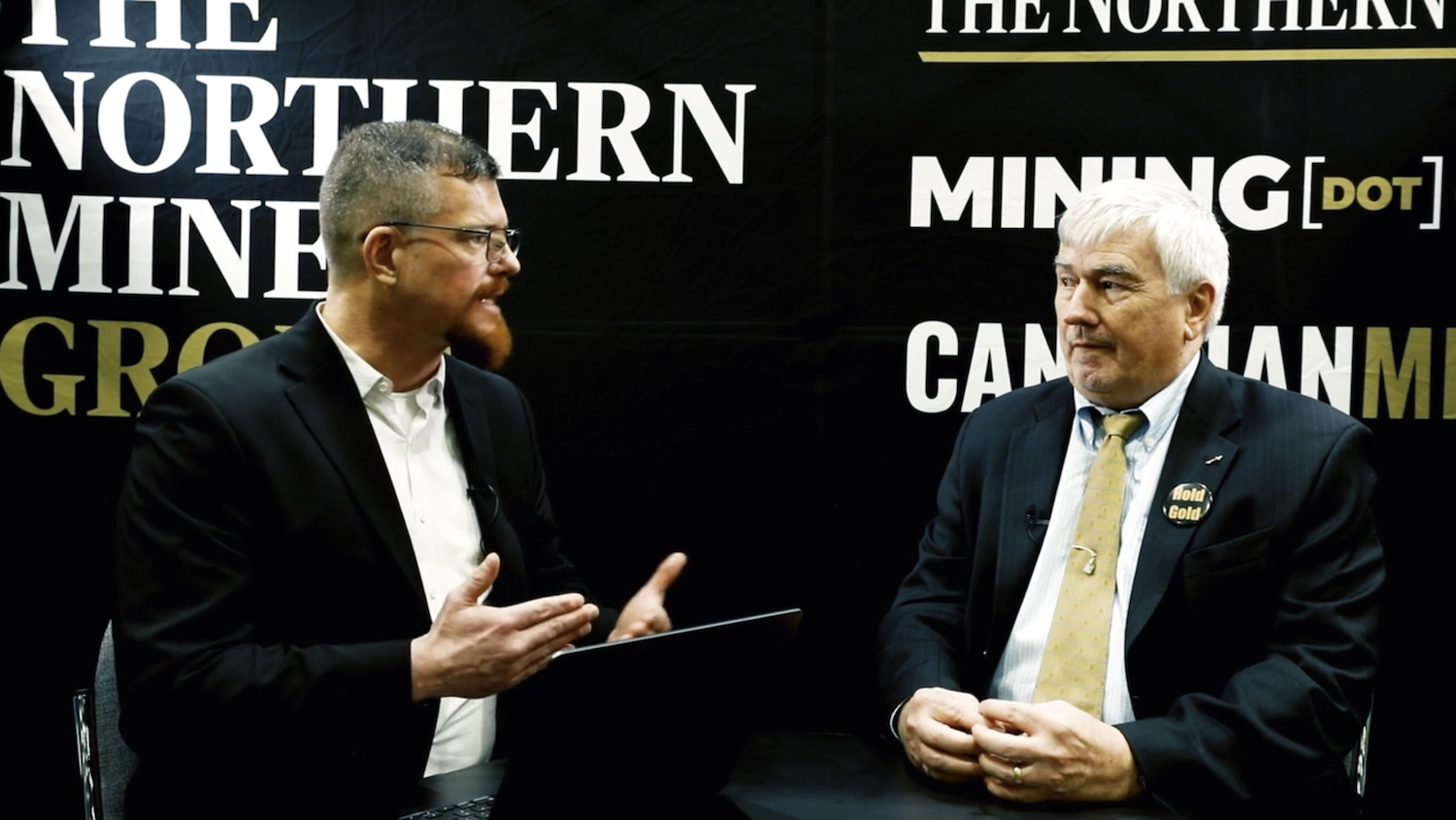Russian miners explore payment schemes eschewing dollar

MOSCOW, Aug 15 (Reuters) – Two of Russia’s biggest mining companies said on Wednesday they were investigating rouble-based payments schemes, amid calls from Moscow to reduce the role of the U.S. dollar in Russian trade and so limit the impact of U.S. sanctions.
The Kremlin said on Monday that Russia favoured bilateral trade with all countries in their national currencies, rather than the dollar, but that the idea needed detailed work before being implemented.
Russia’s Norilsk Nickel, which vies with Brazil’s Vale SA to be the world’s biggest nickel producer and is the world’s top palladium producer, said on Wednesday it was discussing the possibility of settling payments in roubles with foreign customers that had signalled their readiness for such an arrangement.
Russian miner Alrosa, the world’s largest producer of rough diamonds in carat terms, also said on Wednesday it was testing a mechanism to settle payments in Russia’s currency.
“By way of an experiment, such deals were completed with clients in China and India,” the company said in a statement.
“Should the need arise, the company is ready to implement this rouble-based payments scheme in future,” Alrosa said.
“Should the need arise, the company is ready to implement this rouble-based payments scheme in future.”
The Shanghai branch of Russia’s VTB bank facilitated Alrosa’s first rouble-based deal with a Chinese client.
“The ability to pay in roubles contributes to increasing the share of payments settled using national currencies in overall Russia-China trade,” VTB’s first deputy chief executive Yuri Soloviev said.
In July, the Moscow Exchange said it was launching more currency pairs, including trading the rouble against sterling, the Chinese yuan and the Turkish lira, facilitating trade in national currencies.
A new round of U.S. sanctions on Russia last week sent the rouble tumbling to its weakest since mid-2016, while earlier measures targeting major Russian companies, including aluminium and hydropower giant En+ Group, demonstrated the degree of Washington’s leverage over Russian firms.
One of En+ Group’s pre-emptory measures, in anticipation of possible U.S. sanctions on the company, was to switch most of its dollar payments and loans into euros and pounds, Reuters reported.
Russian President Vladimir Putin, speaking in May, said Russia also needed to diversify its international reserves to reduce reliance on the U.S. currency.
Russia also needed to diversify its international reserves to reduce reliance on the U.S. currency.
“The monopoly of the U.S. dollar is not reliable enough, it is dangerous for many,” Putin said.
(By Polina Ivanova; Additional reporting by Andrey Ostroukh and Elena Fabrichnaya; Editing by Mark Potter)
{{ commodity.name }}
{{ post.title }}
{{ post.date }}




Comments